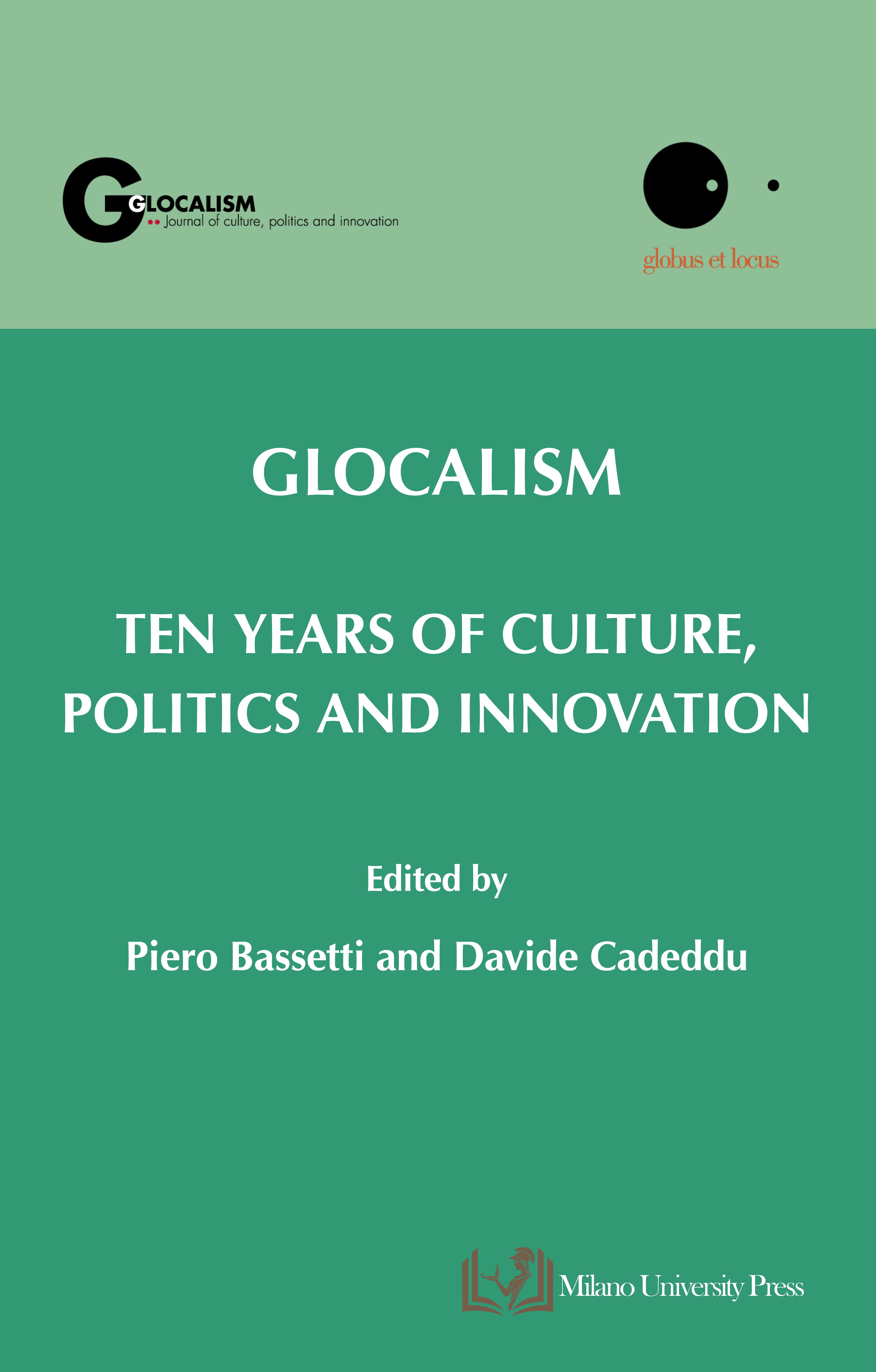Submissions
Submission Preparation Checklist
As part of the submission process, authors are required to check off their submission's compliance with all of the following items, and submissions may be returned to authors that do not adhere to these guidelines.- The paper's topic is related to some effects of the process of globalization and glocalization.
- The text is between 6,000 and 10,000 words, including possible endnotes (the list of references is excluded). If the text is a book review, it is no more than 2.000 words.
- The submission has not been previously published, nor is it before another journal for consideration.
- The submitted file is in OpenOffice, Microsoft Word, or RTF document file format.
- The submitted file is anonymous. Personal metadata is only inside of the submission form.
- The text adheres to the stylistic and bibliographic requirements outlined in this journal's AUTHOR GUIDELINES.
Privacy Statement
The names and email addresses entered in this journal site will be used exclusively for the stated purposes of this journal and will not be made available for any other purpose or to any other party.











